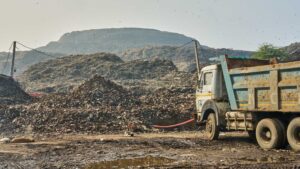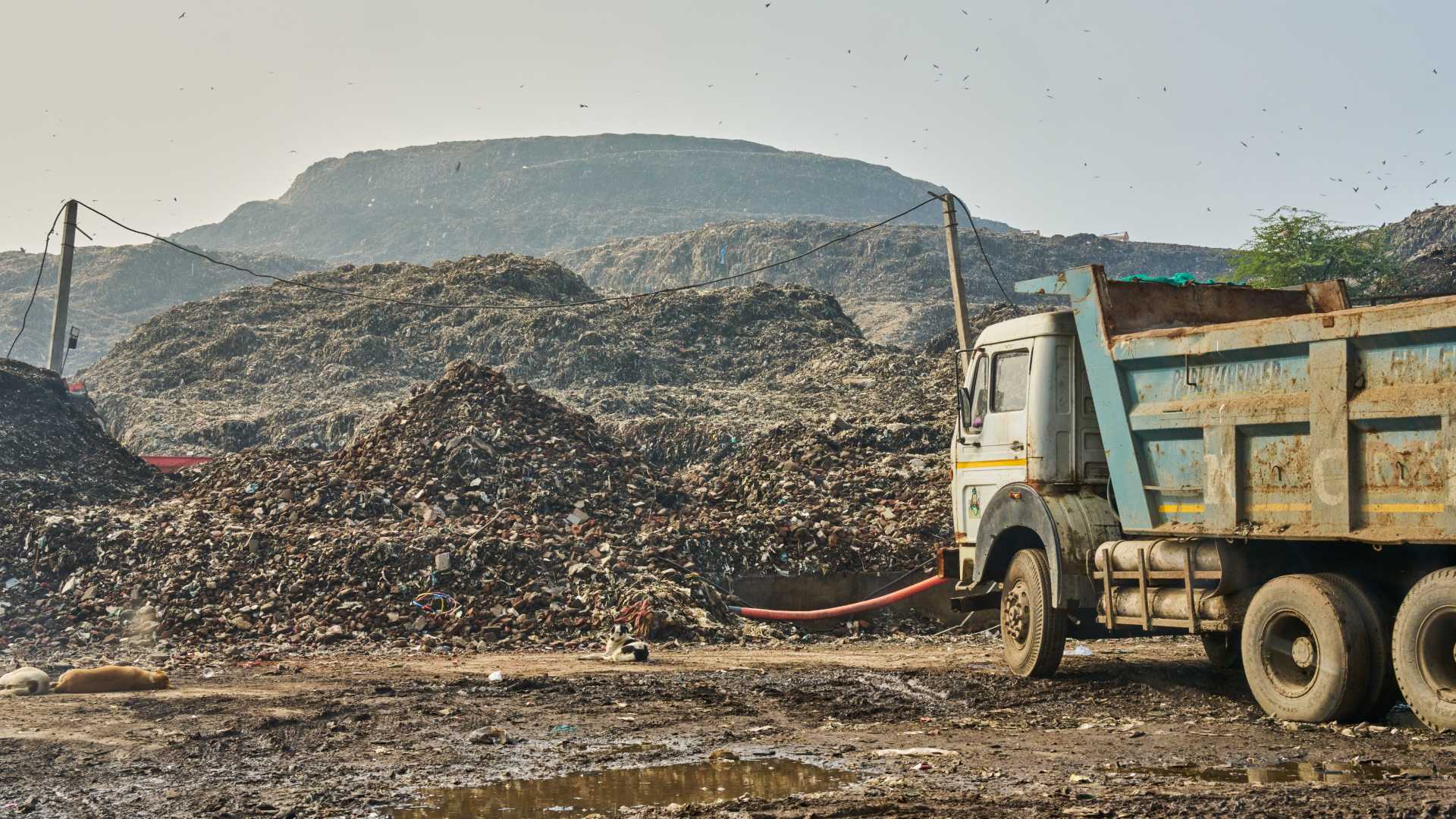 A slew of new waste to energy incineration projects have been announced across India in spite of mounting evidence of its failures, environmental and health impacts. Recently the MoEFCC granted environmental clearance for the construction of a new WTE plant in Bawana, Delhi despite vehement protests by the communities who are already bearing the brunt of an existing WTE facility. The public hearing for the plant itself was marred by controversies and has drawn criticism for its lack of transparency and poor organization. The hearing, intended to gather community feedback, was marred by a two-hour delay, insufficient documentation, and abrupt closure, leaving many participants unheard. Residents claim their written submissions and attendance were ignored, with no official meeting records shared afterward, raising questions about the process’s legitimacy. The new WTE would be built by the O.P Jindal group which already operates two other WTEs in Okhla and Tehkahand. It is to be noted that the same plant operator has been notorious for impacting the health of 1 million people because of its WTE operations in Okhla. The Bawana WTE plant will be the fifth WTE plant of Delhi and will burn about 3,000 tons of unsegregated Municipal Solid Waste everyday. Apart from the impact on the local communities, the proposed plant is also within a 500 meters vicinity of 7 proposed universities/colleges which could potentially house thousands of students.
A slew of new waste to energy incineration projects have been announced across India in spite of mounting evidence of its failures, environmental and health impacts. Recently the MoEFCC granted environmental clearance for the construction of a new WTE plant in Bawana, Delhi despite vehement protests by the communities who are already bearing the brunt of an existing WTE facility. The public hearing for the plant itself was marred by controversies and has drawn criticism for its lack of transparency and poor organization. The hearing, intended to gather community feedback, was marred by a two-hour delay, insufficient documentation, and abrupt closure, leaving many participants unheard. Residents claim their written submissions and attendance were ignored, with no official meeting records shared afterward, raising questions about the process’s legitimacy. The new WTE would be built by the O.P Jindal group which already operates two other WTEs in Okhla and Tehkahand. It is to be noted that the same plant operator has been notorious for impacting the health of 1 million people because of its WTE operations in Okhla. The Bawana WTE plant will be the fifth WTE plant of Delhi and will burn about 3,000 tons of unsegregated Municipal Solid Waste everyday. Apart from the impact on the local communities, the proposed plant is also within a 500 meters vicinity of 7 proposed universities/colleges which could potentially house thousands of students.
Similarly, in Chennai, about 10,000 people formed a human chain to register their protest against the proposed 2,100 ton/day WTE facility in Kodungaiyur, an area already heavily polluted because of the presence of over 39 red category industries. To facilitate the setting up of the plant, the Greater Chennai Corporation shut down several decentralised waste management facilities including 168 Micro Composting Centers (MCCs) and 88 Material Recovery Facilities (MRFs). Furthermore, new WTEs are proposed in Tambaram and Vengadamangalam of about 1500 tons/day and 400 tons/day each and thus Chennai plans to burn about 4000 tons of waste per day or roughly two-thirds of the waste it generates.
Centre for Financial Accountability is now on Telegram and WhatsApp. Click here to join our Telegram channel and click here to join our WhatsApp channeland stay tuned to the latest updates and insights on the economy and finance.

